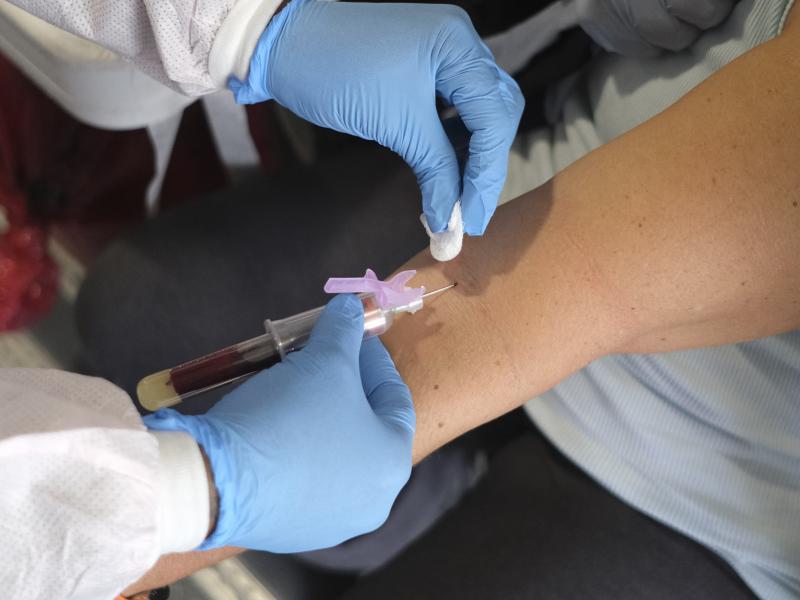Serological tests, also known as antibody tests, detect the presence of antibodies in a person's blood that are specific to SARS-CoV-2. They can be used to determine whether someone has been infected with the virus, even if they never experienced symptoms, and provide valuable information on the prevalence of the disease in a population.

However, not all antibody tests are created equal. As the demand for these tests skyrocketed, many companies rushed to develop and market their products without proper validation, resulting in a flood of low-quality tests that produced inaccurate or misleading results.
To address this issue, the US Food and Drug Administration (FDA) issued a revised policy on antibody tests on May 4, 2020, aimed at prioritizing access and accuracy. The new policy requires manufacturers to submit an Emergency Use Authorization (EUA) request to the FDA before selling their tests, and includes specific performance criteria that tests must meet in order to receive authorization.
One of the key parameters that the FDA is evaluating is the sensitivity of the test, which determines the percentage of true positive results among individuals who have been infected with the virus. The agency set a threshold of 90% sensitivity for COVID-19 antibody tests, meaning that at least 90% of infected individuals must test positive for antibodies with the test. In addition, the FDA is looking at the test's specificity, which measures the percentage of true negative results among individuals who have not been infected with the virus.
The FDA's approach to antibody testing has been met with mixed reactions. Some experts have praised the agency for taking a rigorous and evidence-based approach to evaluating the performance of tests, which can help prevent the spread of the disease and guide public health decisions. Others have criticized the FDA for being slow to respond to the need for widespread testing and for allowing unvalidated tests to flood the market, which may have led to false reassurance or unnecessary anxiety among individuals.
Regardless of the debate around the FDA's policy, it is clear that high-quality antibody tests are an important tool in the fight against COVID-19. Wholesale OEM China CLIA Kit for Interleukin 6 (IL-6) is one such test that has been authorized by the FDA for emergency use. This ELISA-based test detects the presence of IL-6, a biomarker of inflammation that is elevated in severe cases of COVID-19, and can help identify patients who are at risk of developing severe symptoms.
By prioritizing access to accurate antibody tests, the FDA is taking an important step towards controlling the COVID-19 pandemic and enabling a safe return to normalcy. As the situation continues to evolve, it is crucial that we continue to invest in diagnostic tools and public health strategies that can help mitigate the impact of this global threat.